For many people, retirement brings a welcome shift in focus from building wealth to preserving and managing it. However, even in retirement, debt can remain a challenge. Managing debt after retirement is important for maintaining financial stability and enjoying the years ahead. Without a regular paycheck, debt payments can quickly strain retirement savings, making it crucial to develop strategies that keep debt under control. In this article, we’ll explore essential strategies for managing debt after retirement, from prioritizing debt payments to exploring refinancing options, so you can better safeguard your financial health.
1. Understand Your Debt Load
The first step in managing debt after retirement is gaining a clear picture of your current debt. This includes understanding the types of debt you have, such as credit card balances, mortgages, personal loans, or medical bills, and the associated interest rates. Listing each debt, along with its monthly payment and interest rate, can help you identify which debts are costing you the most.
High-interest debt, such as credit card balances, can quickly accumulate interest, making it more challenging to pay down. Recognizing these debts early can help you prioritize payments and potentially minimize their impact on your retirement finances.
2. Prioritize High-Interest Debt
When managing debt after retirement, focusing on high-interest debt first can reduce overall costs. High-interest debt, like credit cards or some personal loans, can eat into your savings faster than low-interest debt, such as certain types of mortgages or student loans.
One approach to tackling high-interest debt is the “avalanche” method, which involves making larger payments on the debt with the highest interest rate while continuing minimum payments on others. This strategy can help you reduce the most costly debts first, potentially lowering your monthly financial obligations over time.
Alternatively, some retirees may prefer the “snowball” method, where you pay off smaller debts first to build momentum. While this approach may not reduce interest costs as quickly, it can be motivating to see balances eliminated, which may help you stay on track.
3. Consider Downsizing to Reduce Housing Debt
Housing debt is often one of the largest expenses in retirement, especially if you’re carrying a mortgage. Downsizing can be an effective way to reduce this debt. Selling a larger home and moving to a smaller, less expensive property can allow you to use the proceeds to pay down or eliminate your mortgage debt.
Additionally, moving to an area with a lower cost of living can reduce overall expenses, helping to free up cash flow that can be used for other debt payments. While downsizing is a personal decision, it can be an impactful strategy for managing debt after retirement, particularly if housing costs are putting pressure on your budget.
4. Explore Refinancing Options
For retirees with mortgage debt, refinancing can be a way to lower monthly payments and reduce interest costs. If you have good credit and can secure a lower interest rate, refinancing may help reduce your housing expenses, freeing up funds for other debt payments or essential expenses.
However, refinancing isn’t always the right option, as it often involves closing costs and may extend the term of your loan. It’s important to evaluate the long-term benefits versus the upfront costs. Speaking with a financial professional can provide additional guidance on whether refinancing aligns with your goals for managing debt after retirement.
5. Use a Budget to Control Spending
Sticking to a budget is essential for managing debt after retirement. When your income is primarily from Social Security, pensions, or retirement savings, every dollar counts. A budget can help you monitor expenses, avoid overspending, and ensure that debt payments fit into your monthly financial plan.
When creating a retirement budget, start by listing essential expenses, such as housing, healthcare, food, and utilities. Then, allocate funds for discretionary expenses, like hobbies, travel, or gifts. Tracking spending can help you identify areas where you might reduce costs to prioritize debt repayment. Many retirees find that adjusting their budget in small ways, such as dining out less or reducing entertainment costs, can free up funds for tackling debt.
6. Avoid New Debt When Possible
Managing debt after retirement can be more challenging if new debt continues to accumulate. Limiting new debt is essential for maintaining financial health. Avoid large purchases that would require financing, and consider using cash or debit instead of credit cards for everyday expenses.
If a major purchase is necessary, try to plan for it in your budget and use existing savings to cover the cost if possible. This approach can help you avoid adding to your debt load and stay focused on managing your existing obligations.
7. Consider Debt Consolidation
Debt consolidation could be a potential strategy for retirees with multiple high-interest debts. Consolidating debt involves combining multiple balances into a single loan, ideally with a lower interest rate. This can simplify payments, as you only have one payment to manage each month, and it may reduce the total interest paid over time.
There are several debt consolidation options available, including personal loans, home equity loans, and balance transfer credit cards. However, it’s essential to evaluate the terms and fees of any consolidation option to ensure it provides a real benefit for managing debt after retirement. Working with a financial planner can help you choose a consolidation approach that aligns with your retirement goals.
8. Use Retirement Savings Strategically
While it’s generally recommended to preserve retirement savings as much as possible, there may be situations where using a portion of savings can help reduce high-interest debt. For example, withdrawing from a retirement account to pay off credit card debt could reduce the monthly financial burden and overall interest costs.
However, withdrawals from retirement accounts may have tax implications and could affect the longevity of your savings. It’s important to weigh these factors carefully and, if possible, consult with a tax professional or financial planner to determine if this approach aligns with your overall retirement strategy.
Staying on Track with Debt Management After Retirement
Managing debt after retirement is a dynamic process that may require periodic adjustments. Life changes, health expenses, or market fluctuations can impact your financial situation, making it essential to revisit your debt management plan regularly. Here are a few tips for staying on track:
- Review Debt Payments Annually: Checking in on your debt situation each year can help you assess progress and adjust as needed.
- Keep an Emergency Fund: Having funds set aside for unexpected expenses can help prevent new debt from accumulating if unforeseen costs arise.
- Work with Professionals: Consulting with financial or tax advisors can provide guidance and help you make informed decisions about managing debt after retirement.
Final Thoughts
Managing debt after retirement is a key component of maintaining financial health and stability. By understanding your debt, prioritizing high-interest payments, and exploring strategies like downsizing, budgeting, and debt consolidation, you can work toward a more manageable financial situation in retirement. Taking proactive steps to manage debt effectively allows you to focus on enjoying retirement while staying financially prepared for the future.
Would you like professional guidance in exploring retirement planning strategies? At Principal Preservation Services, we are committed to helping our clients pursue their financial goals. Contact us today to schedule your complimentary financial review!









